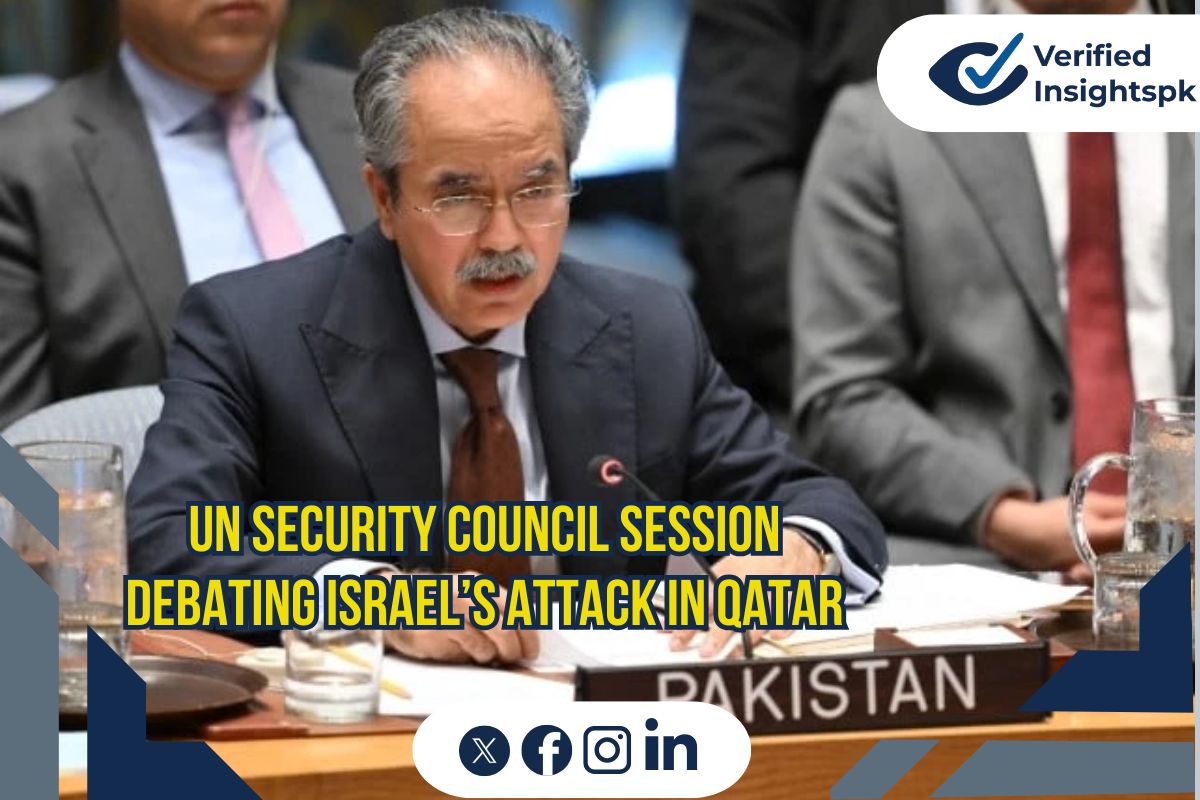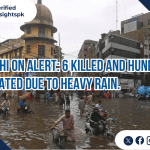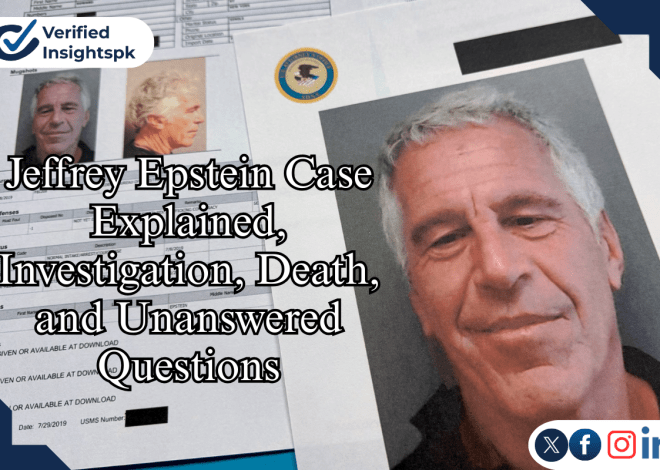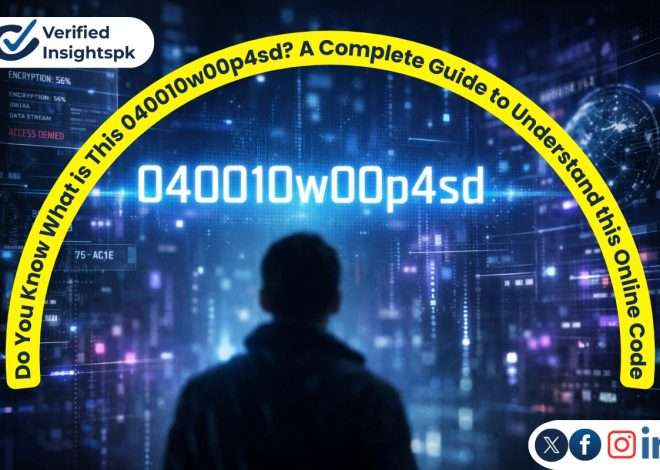
Pakistan’s Diplomatic Response at UN: Asserting International Law after Strikes in Qatar
The United Nations Security Council (UNSC) witnessed a heated debate after Israel’s recent military strike in Doha, Qatar, which targeted Hamas leaders. The incident, which also endangered civilians, sparked global outrage and raised questions about international law, diplomacy, and regional security. At the center of the discussion was Pakistan’s UN response to Israel, delivered by its permanent representative, Ambassador Asim Ahmad, who strongly condemned the attack and defended the principles of sovereignty and mediation.
This article explores Pakistan’s stance, the reactions inside and outside the UN, and what this debate means for international diplomacy in the Middle East.
Israel’s Attack in Doha and Global Reaction
The strike in Doha shocked the Arab and Muslim world. According to reports, Israeli forces targeted a residential compound where Hamas representatives and their families were staying, as part of ongoing negotiations for a Gaza peace deal. The attack killed several Hamas members and a Qatari security officer, while also terrorizing residents nearby.
For Qatar, which has played a central role as a mediator between Israel, Hamas, Egypt, and the United States, the strike was seen as a direct violation of sovereignty. It was also viewed as an attack on diplomacy itself, since Qatar has hosted multiple rounds of sensitive negotiations.
This is why the UNSC emergency session Pakistan participated in was so important. The debate was not just about the single strike but also about the broader implications of Israel’s actions for international law and peace-building.
Pakistan’s UN Response to Israel

During the UN Security Council debate on the Israel-Palestine conflict, Ambassador Asim Ahmad delivered a strong speech. His UN statement focused on three main points:
1. Condemnation of the strike
Ahmad described the strike as an “illegal and unprovoked act” that violated Qatar’s sovereignty and posed a threat to regional stability. This was Pakistan’s clear attack on Israel in Doha.
2. Defense of international law
He highlighted how the attack breached Article 2(4) of the UN Charter, which prohibits the use of force against the territorial integrity or political independence of any state. This framed the issue as a violation of sovereignty that Qatar’s UN should not ignore.
3. Impact on diplomacy
Ahmad stressed that targeting Qatar, a mediator, was not only an attack on a state but on the process of peace itself. He explained that such actions attempt to derail negotiations and prolong civilian suffering.
His diplomatic response to the Israeli strike combined legal arguments with humanitarian concerns, which won him support from several countries in the chamber.
Pakistan Solidarity with Qatar
In his address, Ahmad emphasized Pakistan’s solidarity with Qatar, noting that Prime Minister Shehbaz Sharif and Foreign Minister Ishaq Dar had recently visited Doha to show support. This was more than symbolic; it was a direct message that Pakistan views Qatar not only as a Gulf partner but also as a key player in maintaining peace in the Middle East.
By standing with Qatar, Pakistan reaffirmed its broader policy of supporting countries that play a mediating role, while also reinforcing its own reputation as a defender of international law.
The Broader UN Debate
The UN Security Council debate between Pakistan and Israel revealed deep divisions among member states. While countries like China, Algeria, and Somalia backed Pakistan’s stance, others hesitated to condemn Israel directly. The U.S. and some European states expressed “concern” but avoided strong criticism, reflecting longstanding geopolitical alignments.
Still, the fact that an UNSC emergency session Pakistan helped initiate shows that Islamabad’s diplomatic activism is being noticed. The debate also demonstrated that smaller and medium-sized states can influence the global conversation on international law and humanitarian issues.
Pakistan and International Diplomacy
The episode underscored Pakistan and international diplomacy in three key ways:
1. Voice for international law
By citing the UN Charter and humanitarian law, Pakistan positioned itself as a defender of global norms.
2. Champion of sovereignty
Pakistan’s focus on Israel’s violations of international law. Pakistan highlighted its consistency in supporting countries facing external aggression.
3. Bridge for Muslim solidarity
By supporting Qatar, Pakistan showed leadership in promoting collective action among Muslim states.
This approach reinforced Pakistan’s reputation as a country willing to confront powerful states diplomatically while also aligning itself with principles of justice and peace.
Israel vs Pakistan UN Exchange
The Israel vs Pakistan UN exchange was one of the most notable moments of the session. While Israel defended its actions as necessary for its security, Pakistan countered that such unilateral strikes undermine global peace and set a dangerous precedent. Ahmad insisted that diplomacy, not force, is the only sustainable way forward in the Middle East.
Observers noted that Israel’s arguments seemed weakened because the strike took place on the territory of a neutral mediator, not in Gaza itself. Pakistan’s reasoning, that this was an attack on diplomacy, resonated with many in the chamber.
Public Reaction to Pakistan’s UN Speech
Outside the UN, the public reaction to the UN speech in Pakistan was swift and widespread. On social media, Pakistanis praised Ambassador Ahmad’s words, especially his sharp line: “Israel doesn’t even listen to its friends, if it has any.” This quote went viral, with netizens applauding Pakistan’s courage in speaking plainly at an international forum.
The Netizens praise Pakistan’s UN speech trend, demonstrating how digital platforms amplify diplomatic moments, turning them into tools for soft power. By framing the debate in clear and relatable terms, Pakistan captured not just diplomatic support but also popular attention worldwide.
Qatar’s Mediator Role in International Law
Qatar’s position as a mediator was central to Pakistan’s case. The Qatar mediator’s role in international law is vital because international law recognizes the importance of states that facilitate peace talks. Targeting such mediators undermines the entire framework of conflict resolution.
By defending Qatar, Pakistan was also defending the principle that neutral mediators must be protected if diplomacy is to have any chance of success.
The Bigger Picture: What This Means for the Region
The debate over Israel’s actions in Doha is not just about one strike. It is about the future of peace efforts in the Middle East. For Pakistan, the session provided an opportunity to highlight how unilateral actions threaten global stability and why multilateral forums like the UN remain essential.
Going forward, Pakistan’s strong diplomatic message will continue to resonate in discussions about Gaza, regional peace, and the protection of mediators at the UN.
Conclusion
The UNSC debate after the Doha strike highlighted the deep challenges of international diplomacy in the Middle East. Yet it also showed how states like Pakistan can play a crucial role in defending law, sovereignty, and mediation.
Through Ambassador Asim Ahmad’s UN statement, Pakistan delivered a principled and forceful response, combining Israel’s attack on Doha with legal reasoning and solidarity with Qatar. The strong Pakistan UN response to Israel was both a reflection of its foreign policy priorities and a message to the world: aggression cannot replace diplomacy, and violations of sovereignty cannot be ignored.
As the Middle East faces further uncertainty, Pakistan’s role in the UN Security Council emergency session reminds the world of the continuing relevance of international law and of the importance of states willing to defend it.










